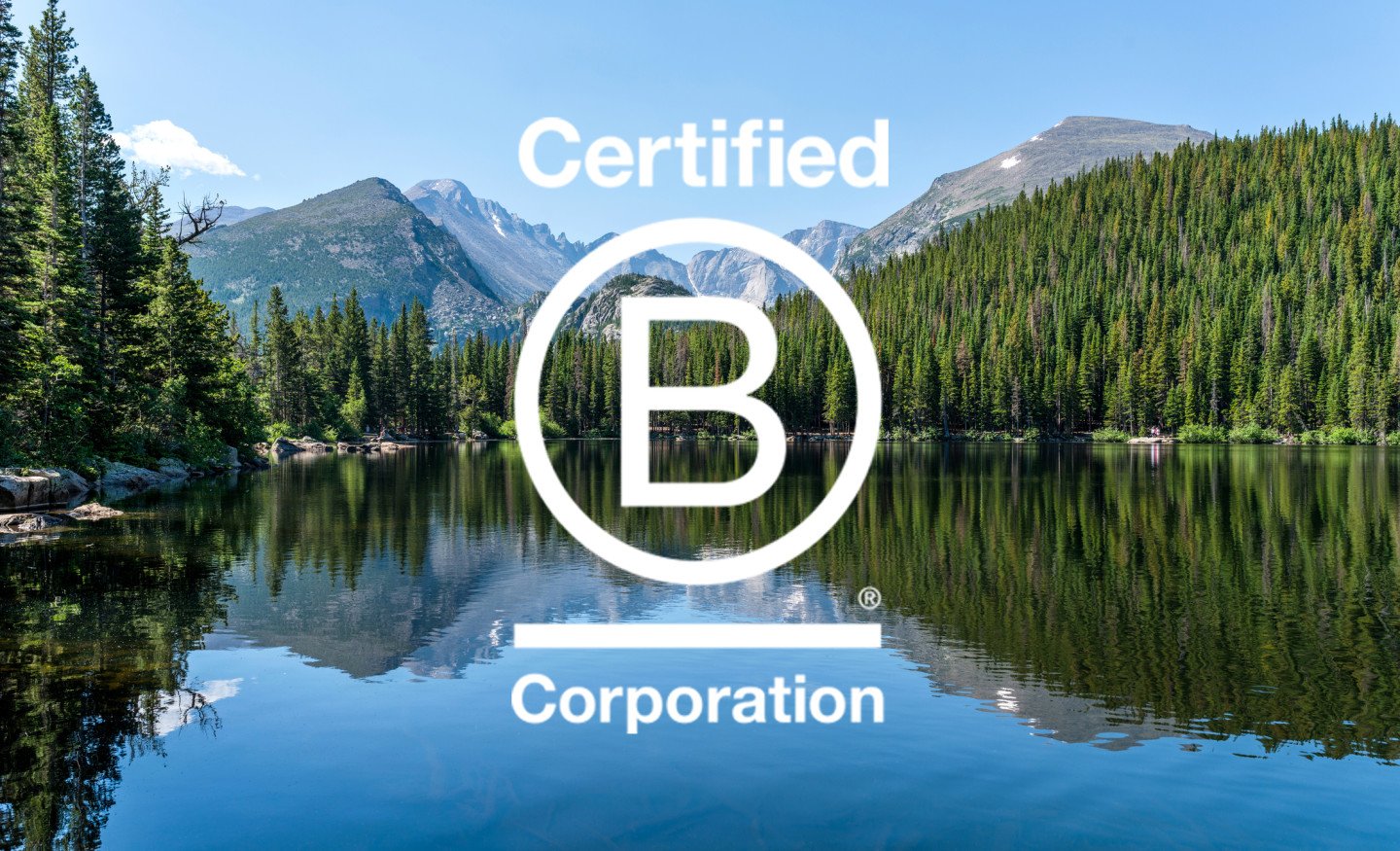Nowadays, more and more companies are becoming B Corporations, but what exactly is a B Corp?
EO Melbourne recently held a virtual masterclass about B Corp certification. Andrew Davies, CEO of B Lab Australia and Aotearoa New Zealand, joined the masterclass as one of the resource speakers and spoke in detail about their organisation, B Lab, and about becoming a B Corp.
“Our vision, as an organisation, is for an inclusive, equitable, and regenerative economic system for all people on the planet,” Andrew Davies said.
“B Lab is the organisation behind the B Corp Certification or the B Corporations. We started in the US in 2007 and in this part of the world in 2013. We operate as a global network so each B Lab organisation is an independent entity and we look after Australia and Aotearoa New Zealand. We’re best known for certifying B Corps or B Corporations,” he further explained.
EO Melbourne Members Rob Roy Rankin, Director at Rankin Business Lawyers, Andrew MacKinnon, Cofounder and CEO of SOON Future Studies, and Hayden Brass, Founder and Managing Director of Zea, whose businesses are already B Corps, shared their experience in going through the B Corp certification process as well as the multiple benefits they gained by becoming B Corp certified.
Andrew Davies also expounded on what entails becoming a B Corp. “They’re businesses that meet very high standards of social and environmental performance. They measure and manage their impact on the environment and community. They work as the suppliers and business partners and they adopt governance models that hold themselves to account for that impact. To be a B Corp, you have to be certified by B Lab. Effectively, it’s about having your performance across these standards verified by our team for what is a pretty rigorous process.”
B Corp is a designation that a business is meeting high standards of verified performance, accountability, and transparency on factors from employee benefits and charitable giving to supply chain practices and input materials. In order to achieve certification, a company must:
Demonstrate high social and environmental performance by achieving a B Impact Assessment score of 80 or above and passing B Lab’s risk review. Multinational corporations must also meet baseline requirement standards.
Make a legal commitment by changing their corporate governance structure to be accountable to all stakeholders, not just shareholders, and achieve benefit corporation status if available in their jurisdiction.
Exhibit transparency by allowing information about their performance measured against B Lab’s standards to be publicly available on their B Corp profile on B Lab’s website.
Through this virtual event, participants were able to learn a lot of information about B Corp Certification and understand the process, as well as appreciate the benefits that this certification could bring to their businesses based on the testimonials of the panellists.
How about you, have you considered becoming a B Corp? Let us know your thoughts through the comments section below.

